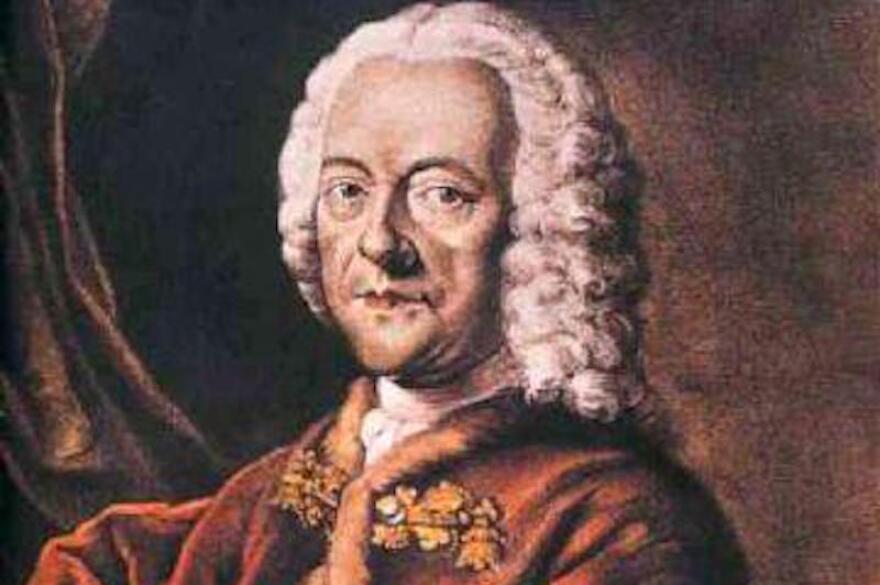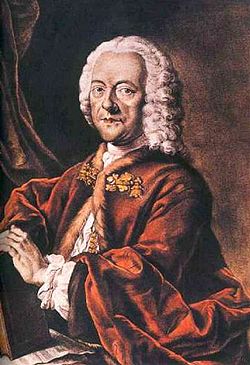Georg Philipp Telemann, a prolific and influential figure in the Baroque era, left an indelible mark on the landscape of classical music. Born on March 14, 1681, in Magdeburg, Germany, Telemann displayed an early aptitude for music, mastering several instruments and showing remarkable compositional talent.
Telemann’s musical journey began with his studies in law at the University of Leipzig, but his passion for music quickly took precedence. He immersed himself in Leipzig’s vibrant musical scene, where he encountered the works of Johann Sebastian Bach and other notable composers of the time. Despite his father’s objections, Telemann pursued a career in music, a decision that would shape the course of his life.
In 1701, Telemann took up the position of Kapellmeister in Sorau (now Żary, Poland), marking the beginning of his professional career. Over the following years, he held various positions in Eisenach, Frankfurt, and Leipzig, where he succeeded Johann Kuhnau as the director of music for the city’s churches. Telemann’s compositions during this period encompassed a wide range of genres, including sacred music, chamber music, and operas, showcasing his versatility and innovative spirit.
One of Telemann’s most significant contributions to music was his pioneering use of diverse cultural influences. Drawing inspiration from French, Italian, and Polish musical traditions, he synthesized these elements into his compositions, creating a distinct and cosmopolitan style. His works often featured elaborate ornamentation, vibrant harmonies, and rhythmic complexity, reflecting the dynamism of the Baroque period.
Telemann’s prolific output was truly remarkable, with estimates suggesting that he composed over 3,000 works in his lifetime. His oeuvre includes more than 40 operas, hundreds of orchestral suites, concertos, and chamber music pieces, as well as numerous sacred cantatas and oratorios. His innovative approach to composition and tireless work ethic earned him widespread acclaim and cemented his legacy as one of the most influential composers of his time.
In addition to his creative pursuits, Telemann was also a skilled administrator and entrepreneur. He founded the first subscription concert series in Germany, the Collegium Musicum, which became a model for similar ensembles across Europe. Through his entrepreneurial endeavors, Telemann played a pivotal role in advancing the dissemination of music and fostering a vibrant musical culture.
Despite facing personal and professional challenges throughout his life, including financial difficulties and the loss of loved ones, Telemann remained dedicated to his craft until his passing on June 25, 1767, in Hamburg, Germany. His legacy lives on through his enduring compositions, which continue to captivate audiences and inspire musicians worldwide. Georg Philipp Telemann’s contributions to Baroque music are immeasurable, and his innovative spirit continues to resonate with audiences centuries later.


Comments are closed